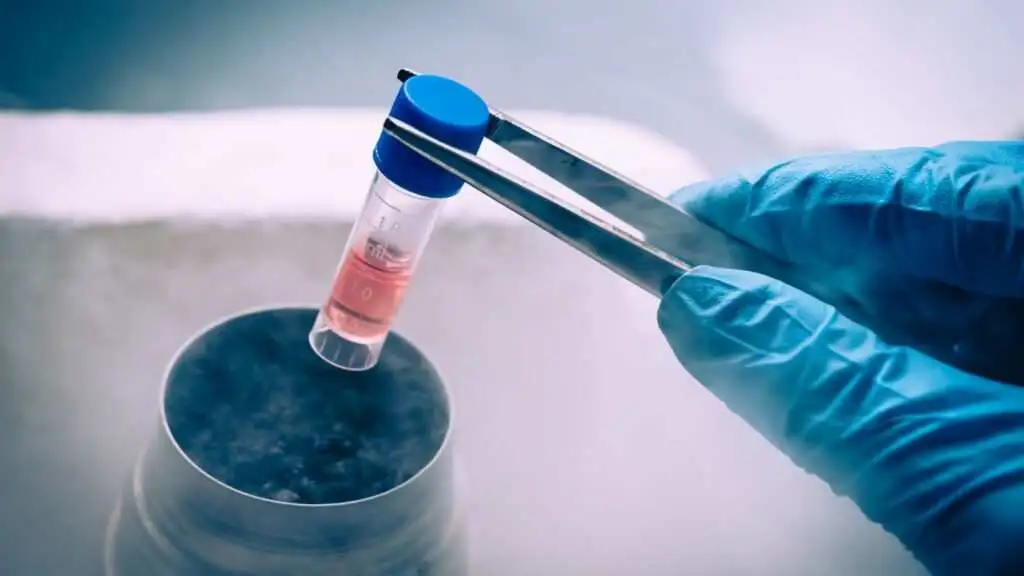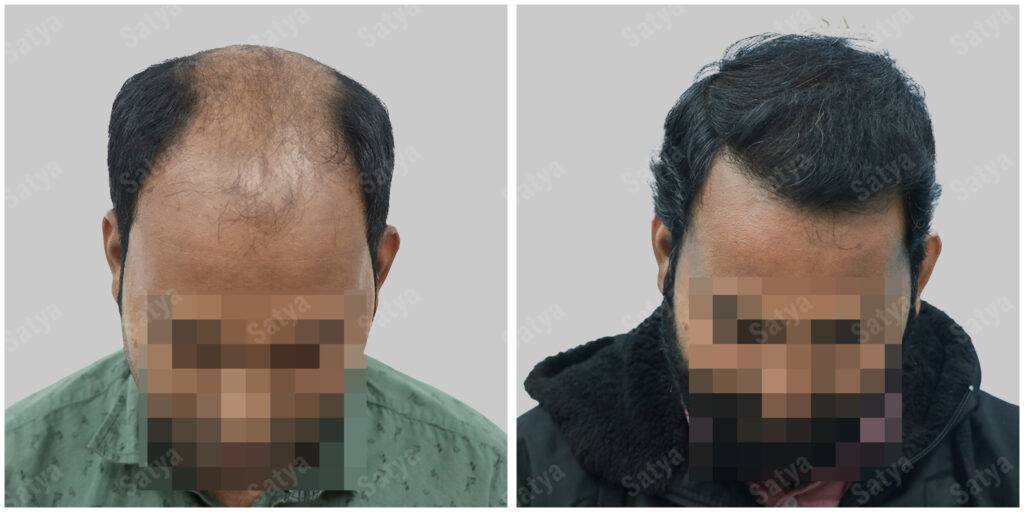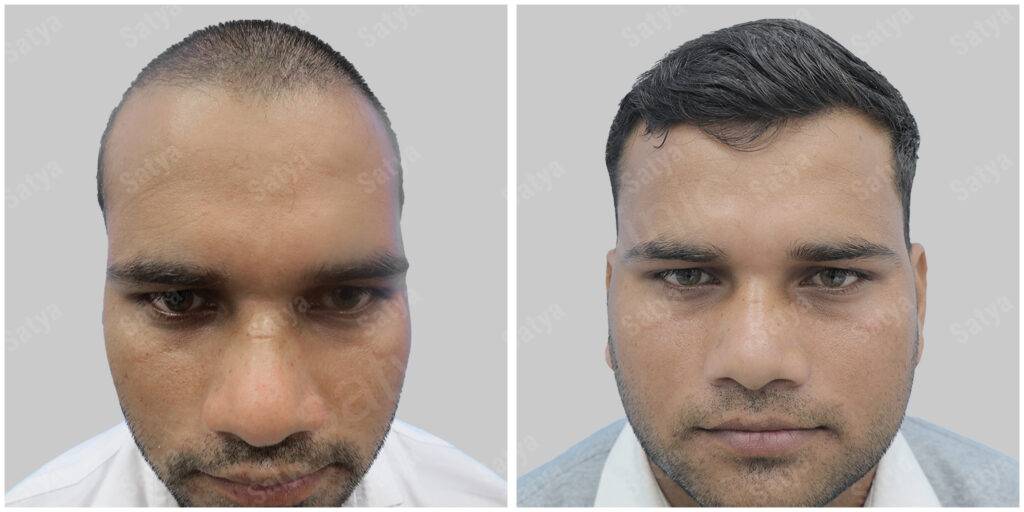Stem Cell Hair Transplant
Hair loss is a common concern that affects people of all ages and genders. The quest for effective solution often leads individuals to try various products and treatments that promise hair regrowth. However, not all of these options deliver the desired results and some can even cause further damage. This is why seeking expert advice before considering for any hair loss treatment journey is crucial. One emerging technique in the field of hair restoration is the stem cell hair transplant, showing potential in ongoing trials.

Understanding Stem Cell Hair Transplant

The Science Behind Stem Cell Hair Transplant
While stem cell hair transplants are not yet approved for use anywhere in the world, the potential protocol for this treatment is intriguing. Instead of the traditional method of extracting a large group of hair from a donor area and transplanting them to the balding region, the proposed procedure involves a more precise technique.
In this procedure, a small sample of hair follicles is obtained from the patient. Stem cells are then isolated from these follicles and cultured in a laboratory setting to generate viable hair follicles. These cultured follicles, or stem cells, are delicately introduced into the areas of baldness on the scalp using micro-needling.
Current Status of Stem Cell Hair Transplant
While some clinics claim to offer stem cell hair transplants, it’s important to note that these procedures are not the same as the experimental stem cell hair transplant treatment being researched. These clinics often utilize stem cells isolated from fat tissues through liposuction, with the hope of stimulating hair growth. However, these approaches are not FDA-approved and are distinct from the genuine stem cell hair transplant procedure.
As of now, the concept of stem cell hair transplant remains in the experimental phase and awaits the approval of regulatory bodies such as the US FDA. The existing knowledge surrounding this treatment is based on ongoing research and clinical trials, and it is essential to wait for substantial evidence and official approval before considering it as a viable option for hair restoration.

The Future Ahead for Stem Cell Hair Transplants
Moving forward, Stem Cell Hair Transplant offers more insights of future in the path towards successful hair loss treatments. It is good to see what has been accomplished here, but we have to do so very cautiously and respect the expert’s opinion. Speaking to trained experts allows people to learn and consult on the best ways of pursuing their hair recovery journey using endorsed techniques.
Get Appointment
Consultation

Repair

Blog

Galleries

Frequently Asked Questions
A stem cell hair transplant is an emerging hair restoration technique that is still in its experimental phase. Unlike traditional hair transplants, it involves obtaining a small sample of hair follicles from the patient, isolating stem cells from these follicles, culturing them in a laboratory to generate viable hair follicles, and then introducing these cultured follicles into bald areas on the scalp using micro-needling.
No, stem cell hair transplant has not yet received approval from regulatory bodies such as the US FDA. It is still in the experimental phase, and its use as a mainstream treatment option is pending official approval.
Some clinics claim to offer stem cell hair transplants, but these procedures are not the same as the experimental stem cell hair transplant treatment being researched. Currently, the concept of stem cell hair transplant is based on ongoing research and clinical trials, and it is essential to wait for substantial evidence and official approval before considering it as a viable option for hair restoration.
Stem cell hair transplants represent a potential future in hair restoration treatments. While progress is being made in this field, it is important to exercise caution and seek expert advice. Consulting with qualified professionals can help individuals make informed decisions about their hair restoration journey and ensure they choose safe and approved treatments.




